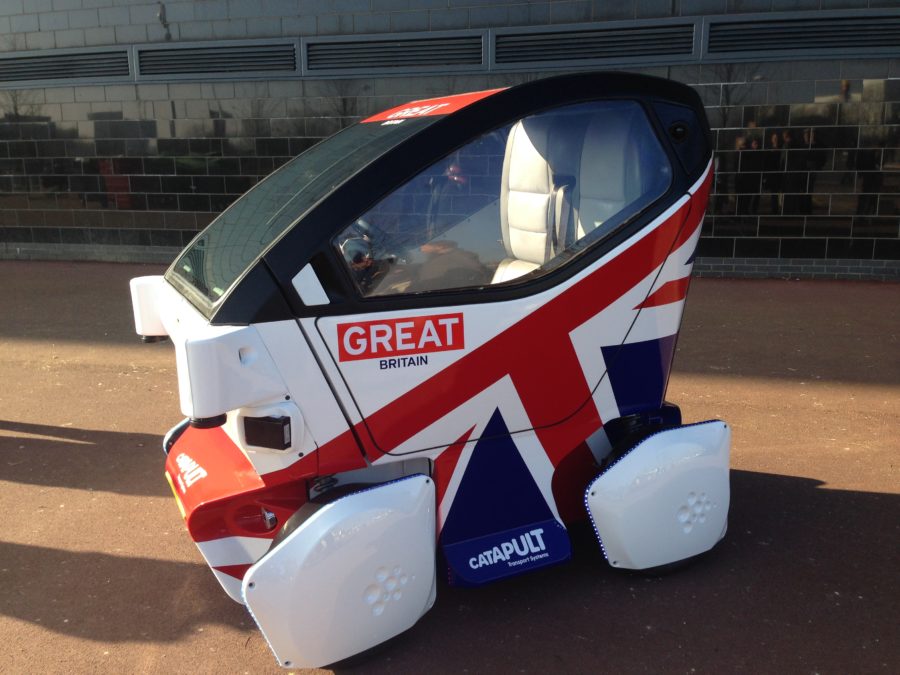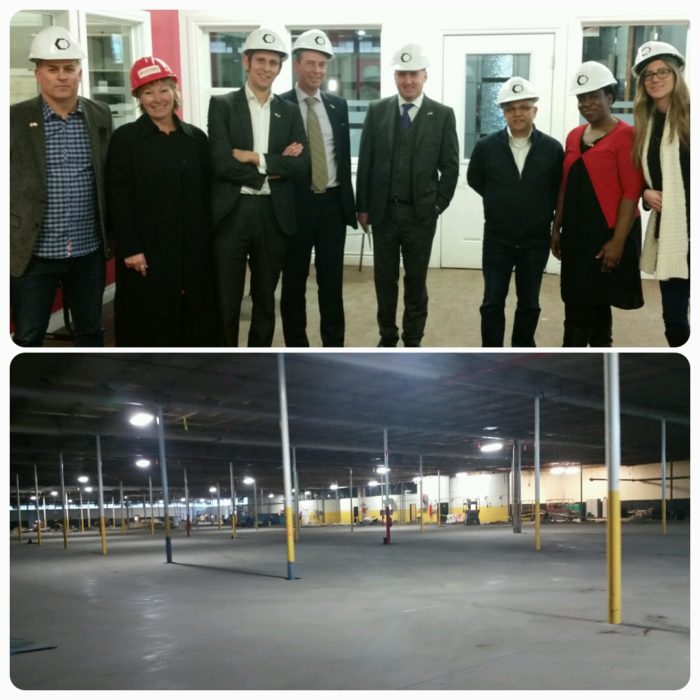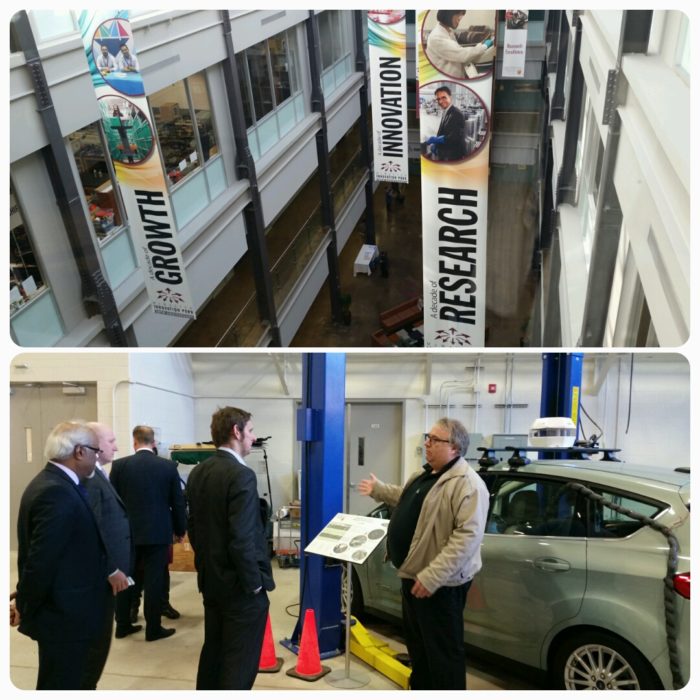16th January 2017 Toronto, Canada
Leaders in the connected lane: UK and Canada look to make cars safer and smarter

Imagine being able to hop into a vehicle, tell it where you want to go, then be able to pull out your laptop and watch some TV, or get some work done on the way to your destination! Sound too good to be true?! Well it’s probably not as far off as you’d think…
Countries like the UK and Canada are investing large amounts of money to make it happen; and for good reason. Worldwide revenues for intelligent mobility are expected to be over £900bn per year by 2025, with predictions that consumer-ready connected/autonomous vehicles (CAV) could be launched by as early as 2020-2025.
While the underlying technology is close to being ready, more real-life testing and validation is needed, as is considerable policy work; and this activity crosses international borders. The UK is ahead of the game, with pilots already being tested on roads, and other countries like Canada looking to its policies and strategies for guidance.
Canada has been ramping up activity in the area. In order to scope out collaboration opportunities, last fall UK Science and Innovation Network Canada brought British leaders working in this sector to Canada to make initial introductions, including from Innovate UK, the UK Centre for Connected and Autonomous Vehicles, the Transport Systems Catapult and the Digital Engineering & Testing Centre.
In Ontario, a 114-kilometre stretch from Toronto to Kitchener-Waterloo is calling itself the ‘Silicon of the North’. Beyond this tech corridor, innovation and high-tech manufacturing in the auto sector is rampant, with activity stretching from Ottawa down through Toronto and Hamilton, Kitchener, and Waterloo, out to Windsor on the United States border with Detroit.

Key automotive companies have R&D centres in the region (including GM, Ford, Fiat-Chrysler, Toyota, Honda), and mainstream vehicle and sub-system production in the region. Other big players like Apple, Google and QNX have set up in the area, and many more entrepreneurs are moving in to exploit the links with advanced automotive technologies. Many leading universities and innovation hubs also complement this activity to complete the local ecosystem.
Partnering with experts in the region will enable closer UK ties in its research towards enhanced artificial intelligence, vehicle safety, lightweight materials, low carbon mobility, electric and hybrid powertrain technologies, connected car technologies and cold weather testing!

There is also a lot coming on the horizon. Our science and innovation team is following up with Canadian stakeholders on government-to-government policy development and we hope to establish student and research mobility programs. My colleagues from the Department for International Trade have also gotten involved, with talk of organizing both inward and outward missions to connect companies on R&D efforts, as well as potentially participating in next year’s Intelligent Transport Systems (ITS) World Congress event in Montreal.
Stay tuned, you could be able to commute without actually driving sooner than you think thanks to UK and Canada cooperation!
Self driving cars are going to be a revolution not far short of the industrial revolution, because with that technology comes all sorts of other automation and innovation.
It would be great for the UK to be at the forefront of this revolution!
This is amazing! Dreaming about this every time I travel by train!
Exciting stuff!